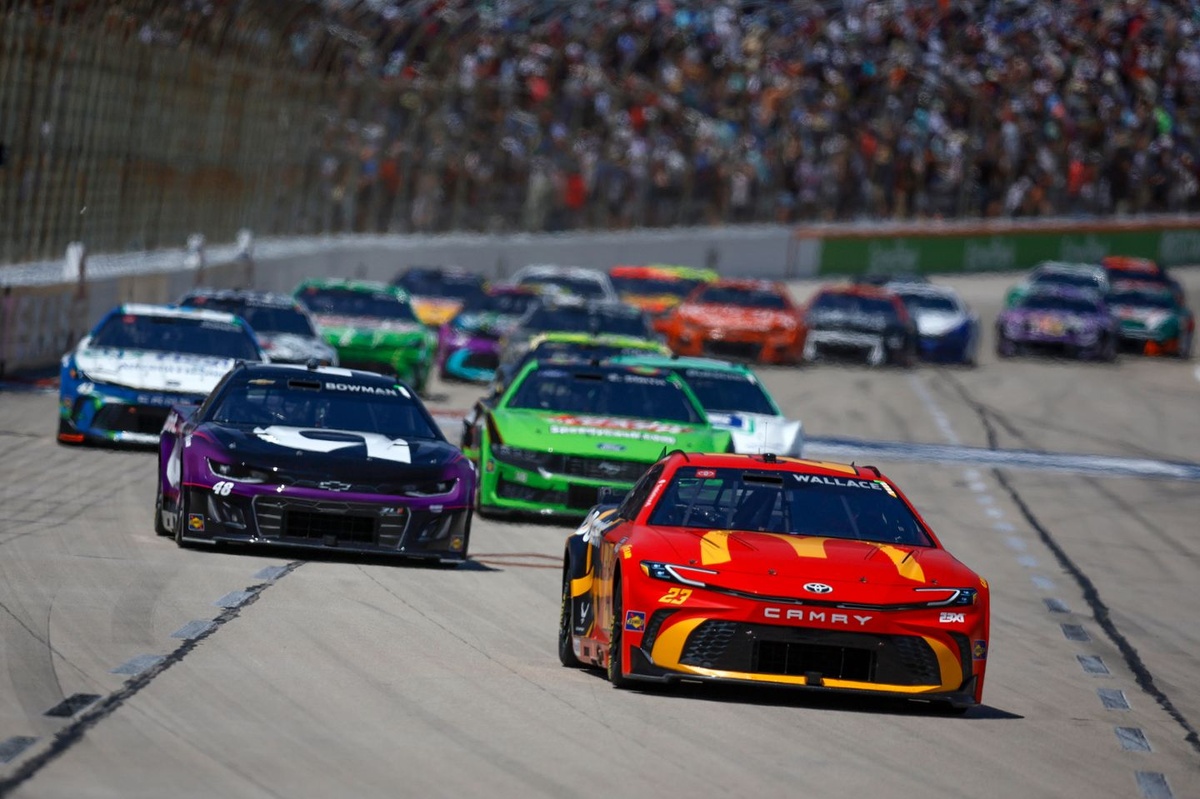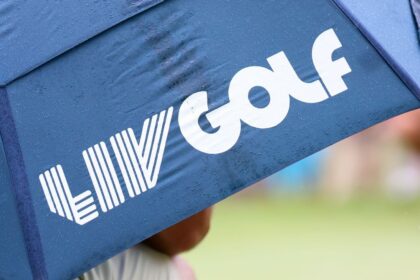On Thursday, it was revealed that there are plans to overturn a temporary injunction that permitted 23XI Racing and Front Row Motorsports (FRM) to compete with charters while suing NASCAR over the 2025 charter agreement. If no appeal is made, this decision will take effect on June 26th, causing both teams to lose their charters just before the Atlanta race weekend. Here’s what this means explained.
The main issues involve guaranteed spots on the grid. Chartered teams are assured a place in every race, while non-chartered (open) teams must qualify based on time. This year, more entries than available spots meant some cars were sent home, like at the Daytona 500. The Coca-Cola 600 was the only other race that filled its entire field with 40 starters.
Non-chartered teams also miss out on the financial benefits tied to charters. These teams can earn significantly less than chartered ones, particularly because only chartered teams receive a portion of NASCAR’s lucrative broadcast contract revenues, worth billions. Though specific amounts haven’t been disclosed, they are believed to be several million dollars.
According to 23XI/FRM Attorney Jeffrey Kessler, voiding the charters also undermines contracts with sponsors and drivers. While drivers such as Tyler Reddick can switch teams, locked sponsorship agreements face uncertainty since contracts often include clauses invalidated by such changes.
Without charters, the teams will heavily depend on sponsor funding. In 23XI’s case, financial support from co-owner Michael Jordan becomes crucial, while FRM’s owner Bob Jenkins, who is also a restaurant entrepreneur, would face challenges. Even chartered teams often struggle financially due to high operating costs and frequently lose money.
Notably, this decision does not affect the championship points system. Both open and chartered teams accumulate the same points and are eligible for playoffs or the championship. If an open team attempts to race full-time but fails to qualify occasionally, they are still considered to have made playoff attempts.
Losing a charter doesn’t mean losing the car numbers themselves, as charters are numbered but not directly linked to vehicle numbers.
Regarding the charters themselves, a question remains about the six charters currently held by these teams. If the ruling stands, NASCAR would operate with 30 charters and likely increase payments to the remaining chartered teams. The charters that 23XI and FRM acquired from Stewart-Haas Racing (SHR) at the end of 2024 cannot be returned to SHR since the teams used legal action to finalize these purchases. Gene Haas still races but only fields one car in the Cup Series now.
—
Fan Take: This ruling is a game-changer for NASCAR, highlighting the high stakes involved in the charter system that secures team participation and funding. For fans, it could reshape race dynamics and team competitiveness, potentially putting beloved teams at financial and competitive risk and altering the sport’s landscape.



